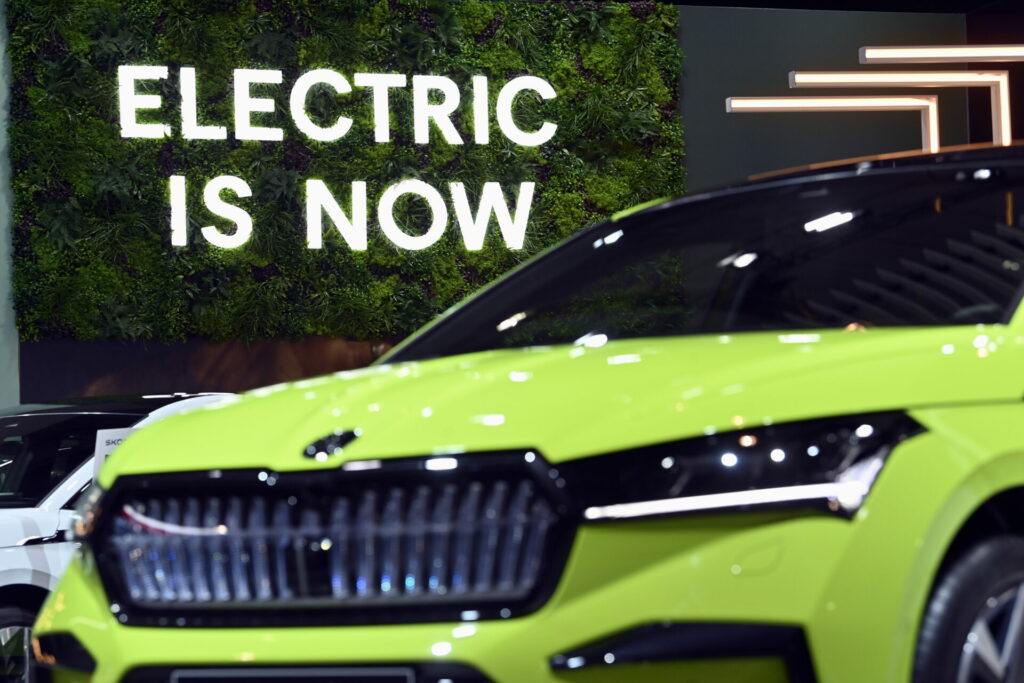The budget that the Flemish Government had planned to give a premium to people buying an electric car will not be enough, according to figures requested by Flemish MP Sofie Mertens (CD&V).
At the last budget presentation, Mobility Minister Lydia Peeters (Open Vld) introduced the premium, worth €5,000 for a new vehicle and €3,000 for those buying a used electric car.
The Flemish Government had initially allocated €20 million for the premiums this year with the possibility of using another €6 million from the climate funds if needed. People can still apply for the premium until the end of this year.
However, figures show that €26 million has already been exceeded, Het Belang van Limburg reports. As of 18 April, there were already 4,980 applications for new electric cars and 932 for second-hand cars.
Translation: "Good policy means spending the pennies of hard-working Flemish people well. That is not the case here. There should NOT be cuts in public transport, or pupil transport in special education, or road safety to pay the premiums!"
If all applications are approved, a total of €27,696,000 will be needed to pay all premiums. Moreover, at the current rate 28 applications will be added every day. "Taking into account the small number of inadmissible files, most applications will have to be approved and therefore paid," said Mertens.
"The budgets provided simply won't be enough. Where will the minister get the additional budget? Will further savings be made on De Lijn, pupil transport in special education or road safety? Promises make debt, a reliable government must keep the promises it makes. We have warned the minister about this several times."
Not saving on traffic safety
Clarifying the situation to De Morgen, Minister Peeters said that the regional government decided collectively to honour all requested premiums in 2024. "The Flemish Government will provide additional resources to the previous €20 million allocated."
Peeters added that she is pleased by the boost in the number of electric cars registered. "Because besides committing to cycling infrastructure and public transport, the switch to zero-emission passenger cars is important to meet our CO2 reduction targets and we are also improving air quality."
She denied that savings were made at De Lijn, saying that operating funds for the buses and trams have gone up to €1.2 billion a year and investment funds to €300 million a year. Additionally, more than €137 million is spent on transport for pupils in special education.
Peeters also dismissed the notion that savings will be made on cuts to road safety measures, affirming that she "will not save even a single euro" on this.

